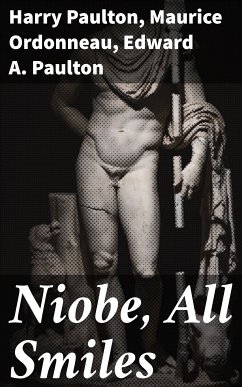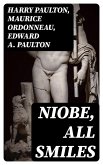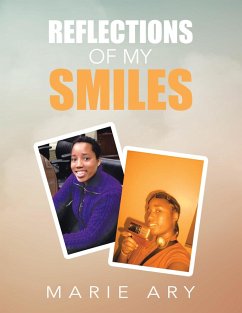Niobe, All Smiles encompasses a fascinating exploration of dramatic literature, encapsulating a diverse range of literary styles that navigate through comedy, tragedy, and the blurred lines between. This anthology, under the meticulous curation of Harry Paulton, Maurice Ordonneau, and Edward A. Paulton, offers an unparalleled lens into the stylistic and thematic variances within theatrical works. The collection stands out not only for its historical significance but also for the way it threads varying narratives and emotional tapestries together, allowing a standout experience without overshadowing any single piece with undue prominence. The contributions from Harry Paulton, Maurice Ordonneau, and Edward A. Paulton, each with their distinct literary backgrounds, provide a unique palette that enriches the anthologys overarching theme. Their collective efforts present a cohesive exploration into the dynamics of humor and sorrow, resonating with notable historical and cultural movements. This amalgamation of perspectives and literary movements not only enhances the readers' understanding of diverse narrative techniques but also offers a reflective look into the human condition through the prism of theatrical expression. Niobe, All Smiles is a compelling invitation to readers who seek to immerse themselves in a multifaceted collection. Acknowledging the depth of knowledge and the breadth of emotional landscapes encapsulated within, this anthology is a testament to the enriching power of diverse literary expressions. Its educational value, combined with the opportunity to engage in a meaningful dialogue between the contrasting yet complementary works of the contributing authors, makes this collection a must-read for enthusiasts and scholars alike.
Dieser Download kann aus rechtlichen Gründen nur mit Rechnungsadresse in A, B, BG, CY, CZ, D, DK, EW, E, FIN, F, GR, H, IRL, I, LT, L, LR, M, NL, PL, P, R, S, SLO, SK ausgeliefert werden.









